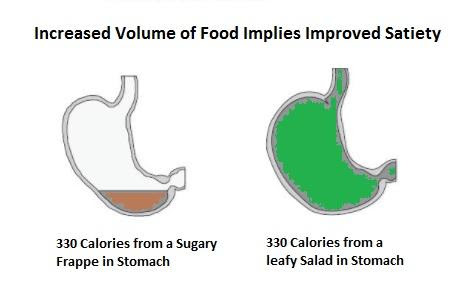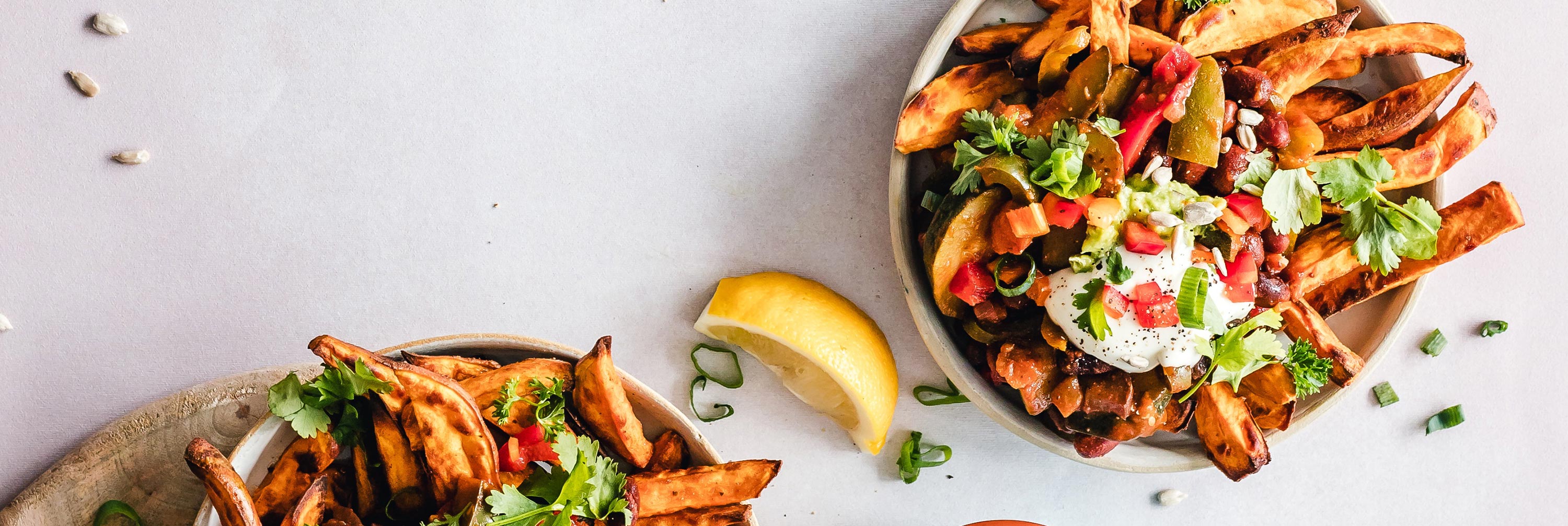How can we solve this part of the puzzle? To eat less calories and still feel full?
Of late, catching up with friends for me translate to quick tips for fat loss, and thanks to the washboard abs of Hrithik Roshan and Katrina Kaif, less than perfect people are embarrassed to tuck in their formal shirts now. This exactly was my friend Sachin’s problem as well, as we met for dinner last month.
As much as I hate to break your bubble, and Sachin’s, the truth is that there is no magic pill or secret tip that will fetch you those washboard abs overnight. Sachin did not put on the weight overnight, how can he expect to lose it all overnight then? A few years of unhealthy lifestyle choices will need consistent, dedicated efforts to get rectified so that you can lose body fat and restore general well-being.
So I asked him to be more active, eat on time, control over-eating, and track his activity and eating pattern for one month.
Sachin has been religiously following the ‘being active’ part of the advice for the past month. He is regular with his morning walks and clocks in ten to twelve thousand steps every single day. As a result, he is now more energetic, has fewer mood swings, and sleeps much better. However, he was disappointed about not seeing any change on his weighing scale.
This is the tricky part of the equation. Improving activity level alone pretty much fails terribly when it comes to weight loss. This is where you need to befriend better nutrition. Sachin was quite clueless about how he could control his food intake as trying to eat only to 80% of his fullness levels left him with hunger pangs within 2 hours after his meal.
How can we solve this part of the puzzle? To eat less calories and still feel full?
A Calorie is not a Calorie
To digest the food we eat, our body burns calories. This is termed as ‘Thermic Effect of Food.’ On average, 10% of the body’s daily energy expenditure is utilised in digesting the food we eat, which can fluctuate depending on the food choices we make. Protein takes the most energy to digest which is why they are your new best friends! Carbohydrates and fats take much lesser energy to digest than protein. So, as a first step towards healthy eating, add a small portion size of lean protein in all your meals. It could be something as simple as an egg or a cup of milk for breakfast and maybe a palm-sized serving of fish or low-fat paneer/tofu or a good size serving of curd for lunch and dinner.
Less-processed foods offer lesser energy than refined foods. In other words, we absorb more energy from cooked and processed carbohydrate-dense foods. Letting the machines and microwave ovens do the digestion for us is not a great idea for glucose control, calorie control, and intestinal health. Less processed food contains more fibre, which increases dietary bulk, decreases energy density, and reduces energy intake. In simple terms, opt for cooked rice instead of processed wheat flour chapatis, boiled potatoes instead of potato chips, and oats porridge instead of corn flakes. The second step toward eating healthy is choosing more of less-processed/whole food groups.
Food Volume – The key to appetite control
Appetite is not primarily controlled by the number of calories we consume, but rather, by the volume of food we eat. Therefore, if the total volume of food that passes through the digestive tract is high, we will feel satiated. For example, one tall Java chip frappe and one chicken Caesar salad at Starbucks have equal amount of calories (roughly 330 calories each). However, the quantity of food on a plate of Caesar salad is far more than that of a cup of frappe and keeps you fuller for longer, and hence, is a much healthier choice.
In general, uncooked vegetables have high dietary displacement. Replacing one portion of your lunch and dinner with a serving of raw, uncooked colored vegetables will immensely help in increasing the volume of food you consume, which in turn help in appetite control and consuming lesser calories, not to mention the benefits to your skin and other organs!

To summarize, the key to weight loss is appetite regulation and consuming lesser calories. You can start this with (a) consuming a small serving of lean protein in all your meals, (b) sticking to more unprocessed/whole foods, (c) replacing one portion of your lunch and dinner with a serving of raw uncooked vegetables.
Remember to eat your meals slowly without any distractions, be aware of how full you are feeling, and stop eating a little before you feel ‘stuffed’.

